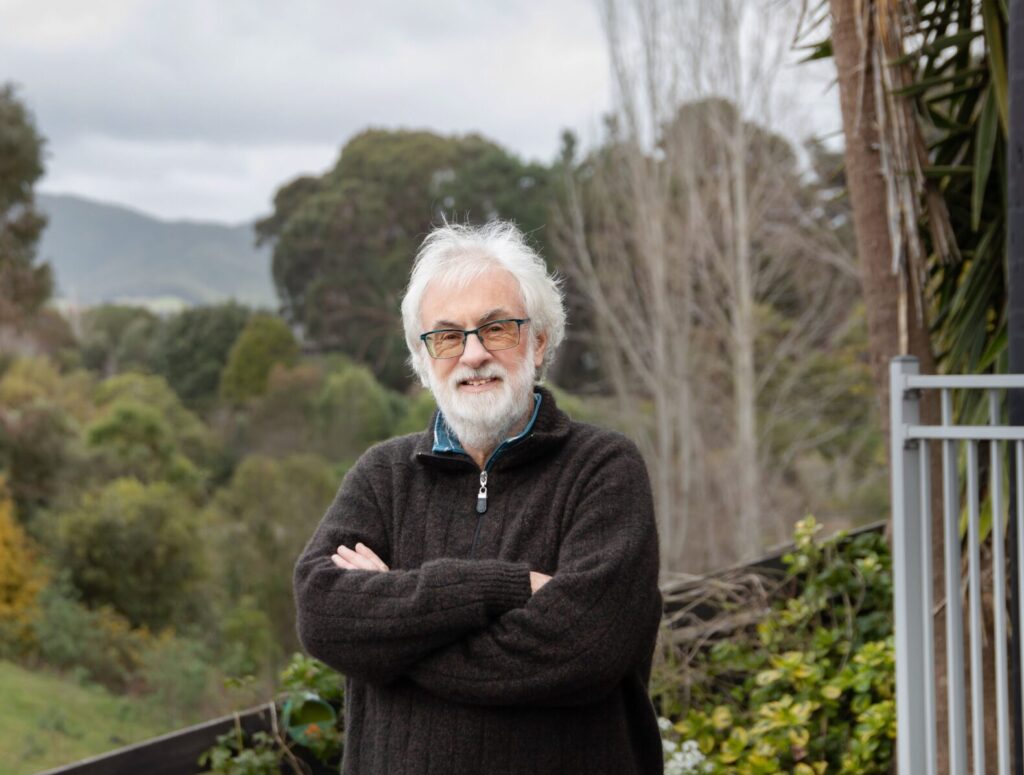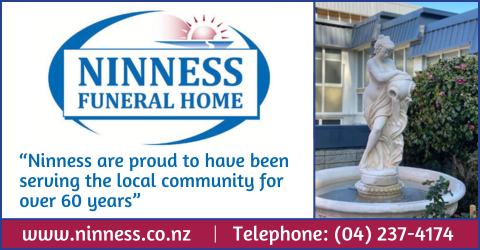
By Ian Powell
Sometimes one can come across a few words that succinctly summarise a situation brilliantly. An example are the words of a leading American psychiatrist Samuel Shem. These words are as equally applicable to local government (including KCDC) and New Zealand’s health system.
Shem affirmed that “If you don’t take the temperature, you can’t find a fever.” In a medical context it can be translated to if you don’t first do the diagnosis, not only will the patient not be cured or at least helped; the patient almost certainly will be harmed, perhaps die.
So how does not first taking the temperature apply to the Kāpiti Coast District Council for which I’m standing as a districtwide councillor? Let’s start with infrastructure which is an important Council responsibility. The first temperature test is the intent. Does a new proposed infrastructure initiative have the intent of being a public good?
However, intent (assuming it is good) is not the end of the temperature test. Does it make good financial or environment sense? Failure to take the temperature test in these respects means that Council will fail to find the fever of either an environmental setback or wasteful spending. It will also contribute towards failure to detect the consequential fever of excessive expenditure on business consultants.
Take the Gateway project as an example. It began with the good intent of providing a biosecurity facility to protect Kāpiti Island. Failing to take the temperature meant that the approach that should have been taken was not pursued. Instead KCDC should have insisted that the Department of Conservation take responsibility for this (or even the boat charter operators). Environmentally it has led to delaying the introduction of the much needed biosecurity facility,
Failing to take the temperature meant that widening the stream near the Paraparaumu Beach boat club in an endeavour to enhance it backfired. Instead we are left with a worse situation because of the damage created by increased sea flow. Then there is the sand dune threat.
As Gateway expanded beyond biosecurity, failing to take the temperature meant that there was not a sufficiently robust financial analysis of the risk of cost blow-out. Nor was there sufficient consideration of the limited attraction for tourism revenue, given the lack of suitable accommodation in Kāpiti and environmentally based restrictions on the number of visitors to Kāpiti Island.
This leads on to two important distinctions that are equally applicable to local government as they are to health systems. The first is that function comes before form. It seems to me that in the case of Gateway, the function of biosecurity was lost sight of because of the attraction of the form of an overly ambitious visitor centre on the beach.
The second important distinction is that cultural change trumps by a country mile structural change in respect of system improvement. The current government mistakenly believes that changing the structures (through increased centralisation) will improve the effectiveness of the health system. This is wrong. A cultural change of empowering health professionals to improve how the system works is much more likely to achieve this improved effectiveness.
Arguably the proponents of Gateway preoccupation with the structure of a visitor centre led them to adopt a decision-making culture that blinded them to realism and left ratepayers and other residents feeling disengaged and disrespected.
So, in the context of local government, how does KCDC ensure that the temperature is taken in order to find the fever? In a nutshell, it is through a culture of community empowerment. It is not through the limitations of formal consultation. Instead it is through interactive engagement.
Empowerment begins with proactive rather than just reactive engagement with community boards beginning with issues of function rather than form. But it goes beyond the boards to the communities within them. This is where the wisdom and experience resides which KCDC needs to utilise in order to improve its decision-making quality.
Ian Powell is a Districtwide candidate for the Kāpiti Council

































